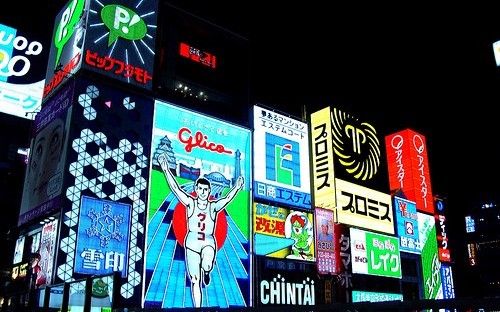Firms in mature Asian economies can offer non-Asians a meaningful career path, but it’s still hard for foreigners in developing economies like China and India, according to the head of a global headhunter.
Nick Stephens, CEO of RSA, a human resource business specializing in the life sciences sectors, was speaking at a seminar on Asian companies’ hiring strategies in Europe. It was hosted by London's Asia-Pacific Technology Network on Wednesday night.
He argued that in developed Asian markets like Japan, Australia and Singapore, a “proper” career path is open to “almost anyone who has got the skills”.
However in emerging Asian markets, notably China and India, such a career path is not available yet. “Many of these countries are relationship-driven so it's hard for a foreigner to adapt,” he said. “Nevertheless, they (developing Asian countries) can still bring value to one's overall career in the long-run.
Stephens explained that Europeans find it hard to start at the bottom of a business and work their way up in developing Asian countries because their qualifications compared those of locals are not relevant, in terms of adding cultural, language and network insights.
However senior-level people from abroad, who have gained valuable knowledge at other companies, can be parachuted into emerging markets firms at a senior level without having spent their entire career there.
A few Europeans have led emerging market multinationals. Englishman Brian Tempest was CEO of Indian pharmaceutical giant Ranbaxy from 2003 to 2006.
Stephens said that due to relatively “light” regulation of industries such as high-tech and telecommunications, countries like China, India, South Korea, Thailand and Indonesia all have “a lot to offer".
But Europeans shouldn't expect a career in an Asian market to develop in a “straight line”, said Michael George, managing director of Takeda Europe Research & Development Centre.
George has spent more than a decade in Takeda, Japan’s pharmaceutical sector is the second biggest in the world, accounting for 15 per cent of global research and development. The U.S leads the world with a 49 per cent share. Takeda is Japan's oldest pharmaceutical company.
Recruitment, especially at the senior level in Japanese companies, is based on consensus, powered by seniority and can take long time to go through, according to George.
Communicating and networking in Japan is more complex than in Europe, he added. As a result, decision-making can be tough for foreign managers: “You know very little… unless you are at a very high level.
"As a result, no senior managers want to make decisions,” he said.
In Japanese companies, elders are respected and there is a strong hierarchy, according to George. “You will not challenge seniors in terms of open discussion and debates.
“When they say yes, it doesn't necessary mean that they agree with you,” he added. “Something like 'we will think about this' is actually a 'no'”.
For foreigners who want a career in Japan, George recommended getting a Japanese mentor: “So that you get the real interpretation of what's really happening”.
Objections need to be voiced early on: “When [a decision] gets mid-way through hierarchy, there's no way back,” he said. There are also unwritten rules about who to copy in on emails.
Though he acknowledged it had been tough, George said that working with the Japanese was the thing about his career at Takeda.
RECAPTHA :
fc
1d
a5
8d







